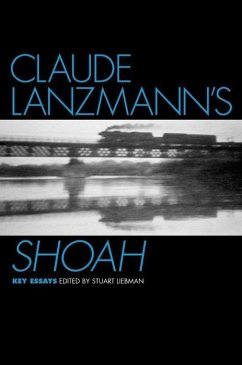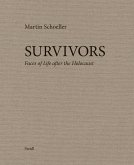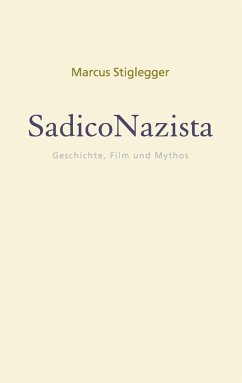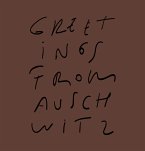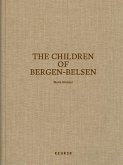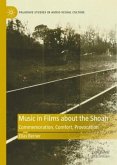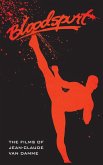Their first-hand accounts are confirmed in horrifying interviews Lanzmann conducted with former German guards and functionaries who scheduled the trains to the East; with average Polish farmers and townspeople who watched as their neighbors were taken away to their deaths; and with Polish heroes like Jan Karski, who tried in vain to warn Western leaders of the catastrophe unfolding on Polish soil. In counterpoint to their chilling tales, Lanzmann's camera surveys the former killing sites, mapping the terrain of mass murder and examining the monuments erected in memory of the lost Jewish communities of Europe. No more profound, more vivid or more moving cinematic work about the Holocaust exists. This volume examines "Shoah" from its inception through its reception in France, Europe, and the United States. New in English are translations of some of Lanzmann's key essays and interviews as well as a range of appreciations, analyses, and critiques by leading American, French and Polish critics and commentators.
Claude Lanzmann's monumental Shoah is the most celebrated film about the Holocaust ever made. Vivid accounts of the destruction of European Jewry by those who witnessed the slaughter at first hand make Lanzmann's film a compelling meditation on a defining catastrophe of the twentieth century. This collection offers the best writing on this remarkable cinematic achievement and brings together a range of appreciations, analyses and critiques by leading American, French and Polish critics and commentators. Their essays examine Shoah from its inception through its reception in France, Europe and the United States. New in English are translations of some of Lanzmann's key texts and interviews.
Hinweis: Dieser Artikel kann nur an eine deutsche Lieferadresse ausgeliefert werden.
Claude Lanzmann's monumental Shoah is the most celebrated film about the Holocaust ever made. Vivid accounts of the destruction of European Jewry by those who witnessed the slaughter at first hand make Lanzmann's film a compelling meditation on a defining catastrophe of the twentieth century. This collection offers the best writing on this remarkable cinematic achievement and brings together a range of appreciations, analyses and critiques by leading American, French and Polish critics and commentators. Their essays examine Shoah from its inception through its reception in France, Europe and the United States. New in English are translations of some of Lanzmann's key texts and interviews.
Hinweis: Dieser Artikel kann nur an eine deutsche Lieferadresse ausgeliefert werden.

